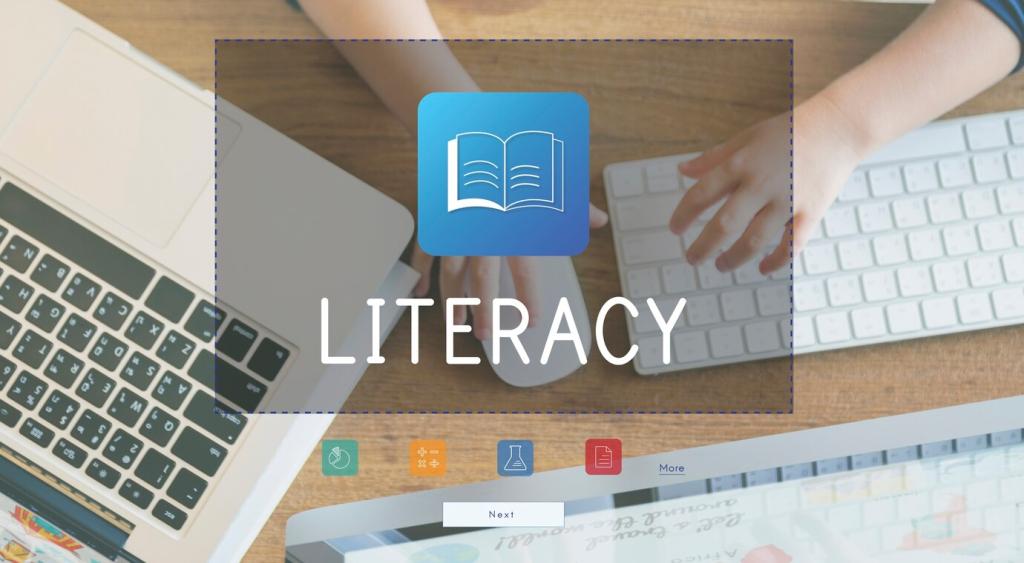The Place of Encyclopedias in Digital-Age Learning
Today’s theme: The Place of Encyclopedias in Digital-Age Learning. Step into a world where carefully curated knowledge meets the speed of the web, empowering learners, teachers, and curious minds to navigate information with confidence and joy.




Lesson starters and background builders
Begin units with concise entries that define key terms, timelines, and debates. Short, neutral overviews reduce cognitive load, freeing students to wrestle with primary sources, multimedia evidence, and divergent interpretations more confidently.
Scaffold research skills with guided pathways
Teach students to read an entry for scope, then follow references outward. Practice summarizing claims, locating original studies, and distinguishing between overview, analysis, and data. Invite reflection on how summaries can obscure nuances.
Differentiation through accessibility features
Leverage read-aloud tools, adjustable text sizes, and simplified versions to support diverse learners. Provide bilingual entries when possible, and encourage students to compare wording across editions to spot emphasis differences and hidden assumptions.
Critical Literacy in an Era of Abundance
Triangulation as a daily practice
After reading an entry, verify two independent sources that substantiate the same claim. Note where they agree or diverge, and record why. This simple ritual steadily sharpens judgment and reduces the pull of confirmation bias.
Seeing the story behind the page
Revision histories and discussion pages reveal how consensus formed. Students can spot disputes, editorial notes, and policy applications. By reading this backstage conversation, they learn that knowledge evolves through argument, evidence, and ethical standards.
Citation chasing without getting lost
Treat every citation as a doorway. Open one, skim methods and limitations, then decide whether to continue. Keep a short annotation log. The goal is to move from summary to substance while preserving context and scope.


Equity, Access, and the Global Classroom
Portable snapshots and offline readers allow reliable reference where the internet is unstable. Pair printed summaries with QR codes for later deep dives. Encourage note trade systems so students can share findings asynchronously and inclusively.
The Next Chapter: AI and Encyclopedic Knowledge
When models ingest weak or biased summaries, their outputs amplify those flaws. Ground prompts in high-quality entries and cited references. The better your base, the clearer, fairer, and more verifiable your synthesized results will be.
The Next Chapter: AI and Encyclopedic Knowledge
Pair AI-generated outlines with encyclopedia checks for definitions, dates, and scope. Require students to flag uncertain claims and verify them. This workflow speeds drafting while preserving the culture of evidence that scholarship depends upon.


